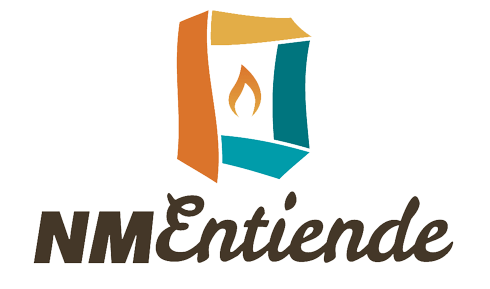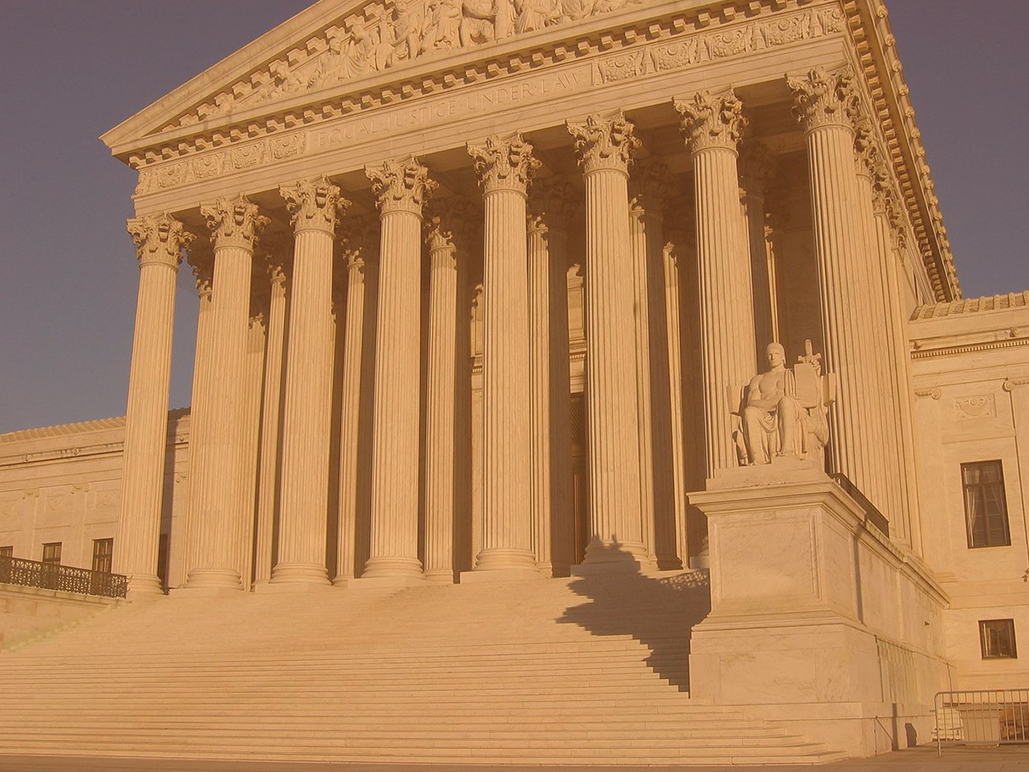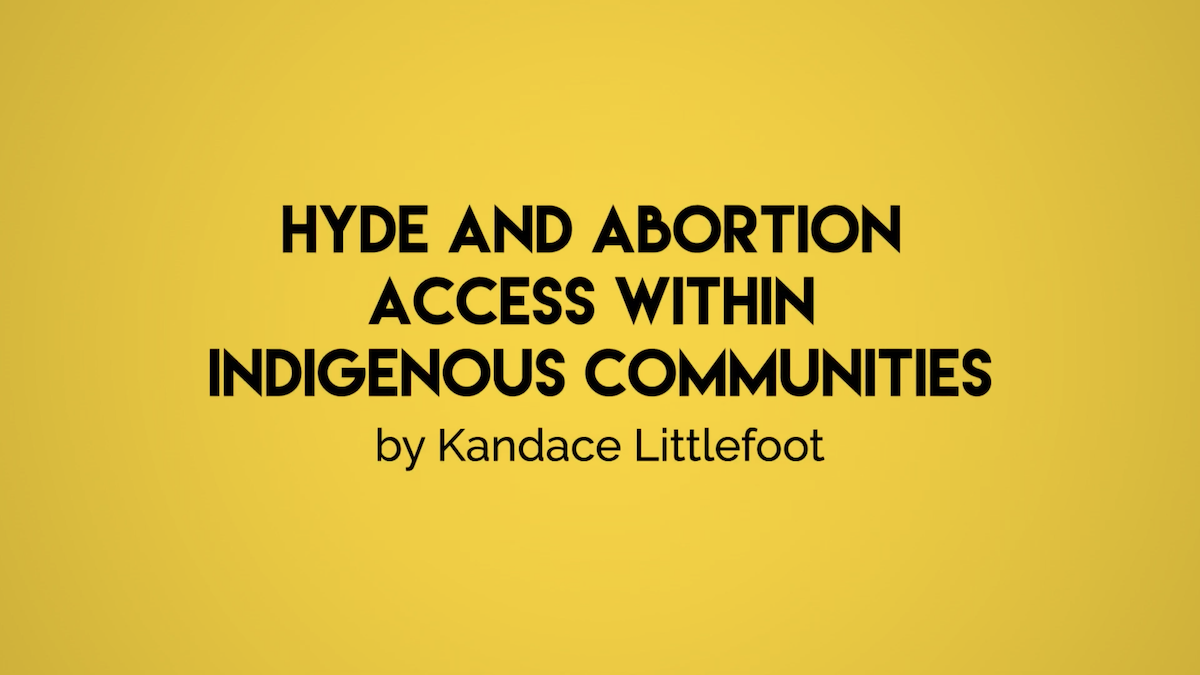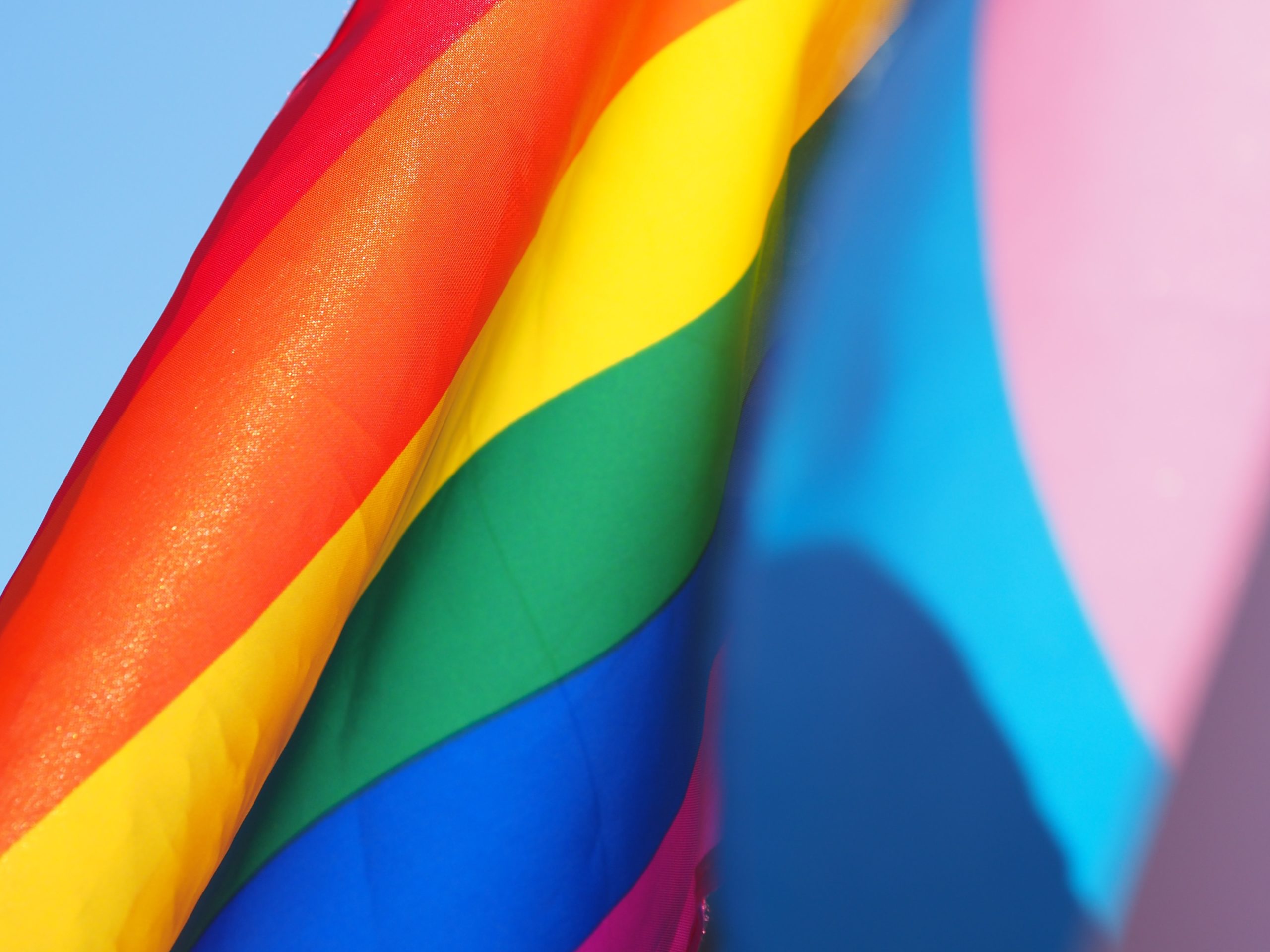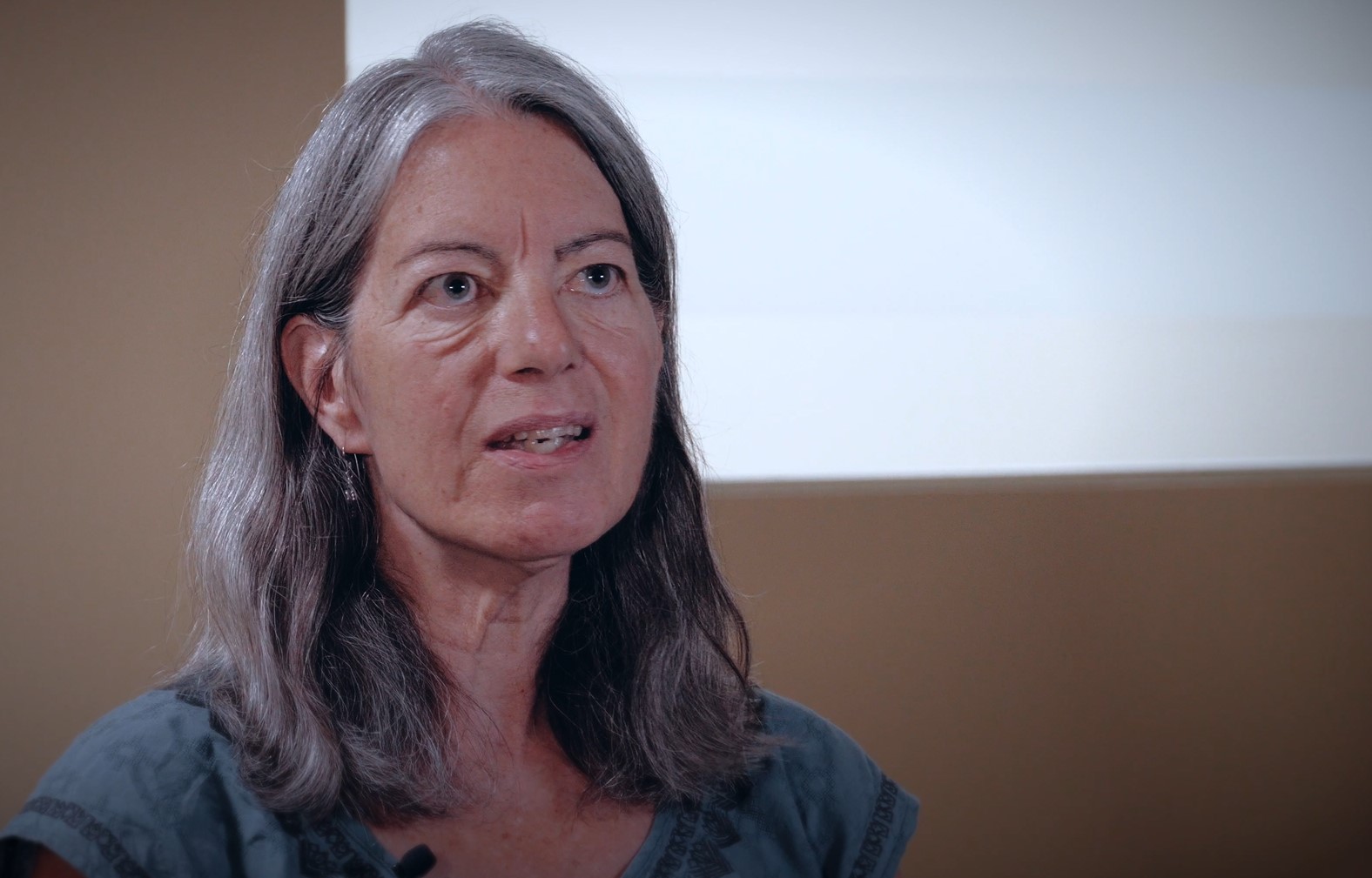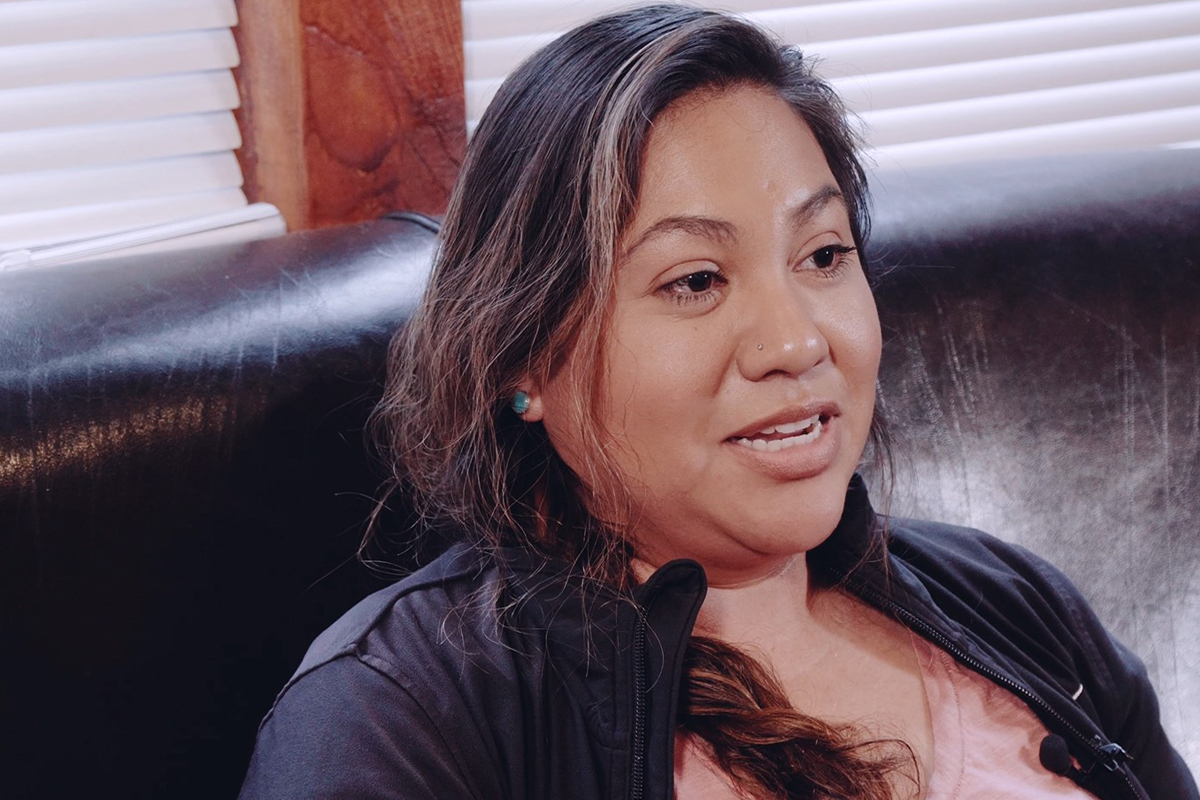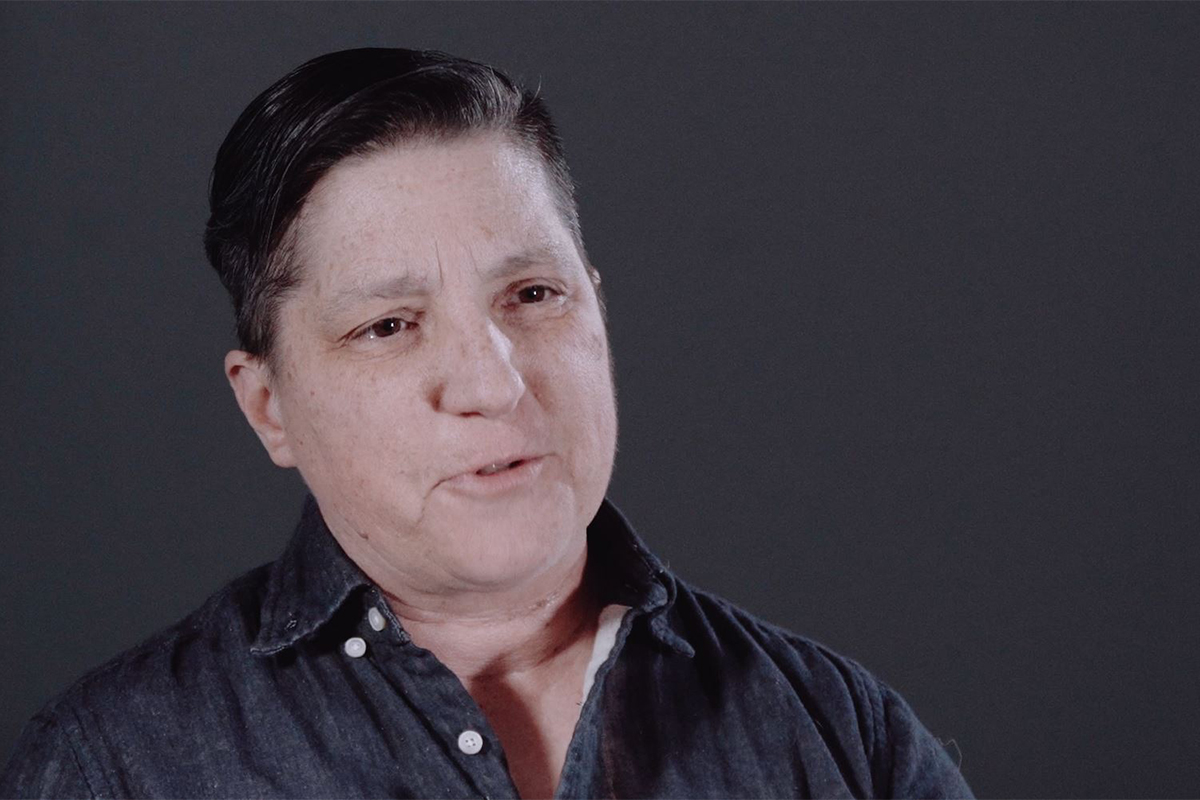This interview was originally published in the summer 2018 edition of the ACLU-NM’s quarterly newsletter, The Torch.
What was the Masterpiece Cakeshop case about?
ERIN ARMSTRONG: ACLU clients Dave Mullins and Charlie Craig went to Masterpiece Caksehop in Denver to purchase a cake for their wedding celebration. But when they got there, the bakery refused to sell them a wedding cake because they are a same-sex couple. The Christian owned bakery claimed that the Constitution’s protections of free speech and freedom of religion gave it the right to override the state’s civil rights laws. Dave and Charlie decided to file a formal complaint with the Colorado Civil Rights Commission, which adjudicates complaints under Colorado anti-discrimination law, and the Commission found in the couple’s favor. The bakery appealed and eventually the case went all the way up to the Supreme Court.
What did the Supreme Court decide?
EA: Unfortunately, the Supreme Court overturned the lower court’s decision because, after examining the record, the justices in the majority felt that the Colorado Civil Rights Commission displayed signs of religious bias and hostility towards the bakery. Because of that, the Court found that the bakery didn’t get a neutral or fair process. The Court’s decision is a loss for Charlie and Dave, but this narrow ruling applies only to this specific case. The Supreme Court did not strike down anti-discrimination laws. And in fact, the Court affirmed the importance of such laws and acknowledged the serious harms that result when businesses discriminate against people because of their sexual orientation. While we’re disappointed about the outcome for this couple, we’re also focused on making sure that people don’t misunderstand the decision to be an endorsement of discrimination.
Does the decision make it easier for businesses to now discriminate against people because of who they are and who they love?
EA: No, and in fact, in New Mexico we have very strong public accommodation and anti-discrimination law that clearly prohibits businesses that serve the public from discriminating against people based on sexual orientation or other protected statuses. Take the New Mexico Supreme Court’s ruling in Elane Photography, for instance. In that case, a same-sex couple was seeking to obtain the services of a photography business for their commitment ceremony. But the business refused to provide those services, claiming that doing so would violate its Christian beliefs. Our New Mexico Supreme Court held very clearly that turning them away was unlawful discrimination and not permissible. That ruling was unaffected by the Supreme Court’s decision in Masterpiece Cakeshop and is still very much intact.
What is your response to people who say “Can’t they just go somewhere else?”
EA: Masterpiece Cakeshop is not and has never been about the cake. It’s about the harm that comes from being turned away from a business because of who you are. It’s about the fear and stigma that prevent people from being fully welcomed into public life. LGBTQ people buying a wedding cake shouldn’t have to go to another bakery, just like women looking to fill a prescription for birth control shouldn’t have to go to another pharmacy when they are turned away because of someone else’s religious objections. Those experiences are dehumanizing and can be life-altering. When someone has been discriminated against and denied services once, every time they enter a storefront from that day forward, they are more likely to worry they’ll be judged, silenced, and treated unfairly. That comes at a cost.
What is the ACLU doing now?
EA: In the aftermath of Masterpiece Cakeshop, we are focused on educating our communities about what New Mexico law still requires and has required for a long time: if you are a business that is open to the public, you must be open to all. The ACLU is actively working with community partners to dispel misinformation and educate people about their rights through listening sessions, news articles, and social media. We hope people will connect with us and let us know if they or someone they know or love has been impacted by similar instances of discrimination.
If you or anyone you know has been refused services because of another businesses or person’s religious beliefs, we want to hear about it. We are collecting accounts to help our advocacy initiatives and in some cases, to pursue legal action. We treat your information as confidential and will not publicize your story without permission. Together, we can make New Mexico the truly inclusive state we want it to be. Visit www.aclunm.org/submitacomplaint to share your account with us.
